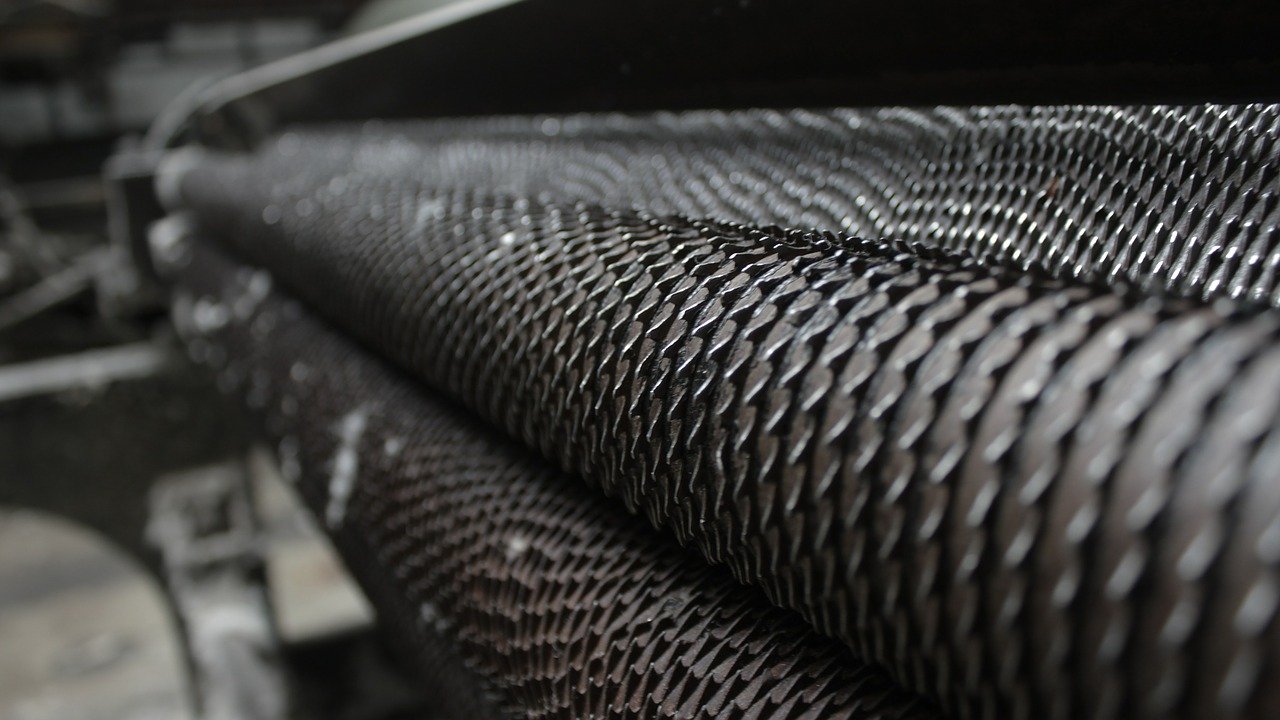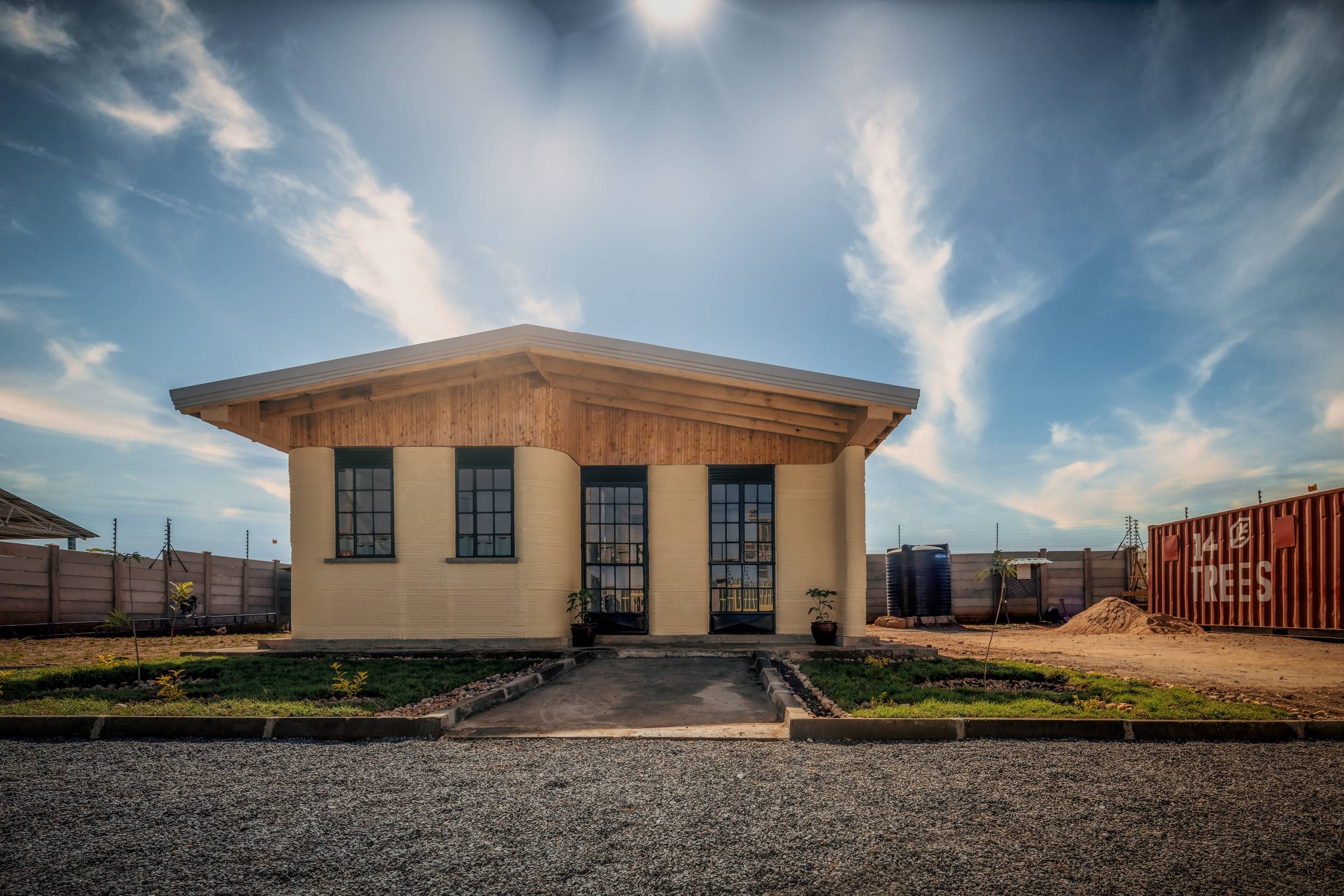Putting solar panels in the hot desert seems obvious, but there is a problem that gets in the way of solar power paradise; the panels get very dirty, very quickly. Sandstorms can cover the surface of the panels in under an hour, reducing efficiency by as much as 80%, which means they need to be cleaned at least daily. Not exactly convenient.
If Saudi Arabia is to meet its goal of 30% of all energy used coming from the sun (as oppose to its current figure of approximately 0%) over the next 20 years, it will need to allot a portion of its $109 billion budget into making sure the panels work efficiently.
This wouldn’t be such an issue if there was a plentiful supply of water to clean the panels with, but Middle Eastern nations rely on desalination plants to turn saltwater into usable fresh water, a process so energy intensive, that the panels would just about collect as much energy as required to purify the water needed to clean them, making the endeavour a financial dead-end.
Luckily, an inexpensive answer may have emerged, thanks to Nomadd; a “no-water mechanical automated dusting device”, designed to clean solar panels in dusty environments using “one dry sweep”.
Developed by engineers at the King Abdullah University of Science and Technology (or KAUST), Nomadd is robust, low maintenance, requires little energy, running from batteries charged by the solar array it cleans, and uses just 4 parts. Nomadd started off as “Lego and toilet rolls”, but $200,000 of awarded research money later, the system is now undergoing widespread testing for commercial use for Middle Eastern nations looking to build large solar installations.
“Basically it can clean solar panels without water,” says Georg Eitelhuber, a physics lecturer at KAUST. “It’s a brand new solution to a brand new problem.”






